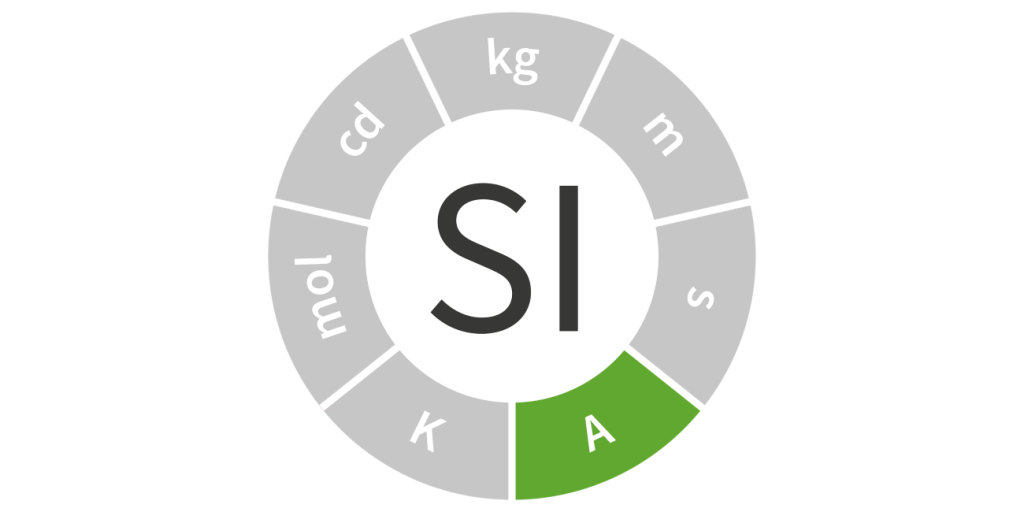

The ampere, or ‘amp’ for short, measures electrical current, which is a flow of electrons along a wire or ions in an electrolyte, as in batteries. Electric current allows us to power all kinds of electrical devices, from smartphones or laptops to busses or cars.
The ampere has only been in use for as long as we have had access to electricity — a small proportion of the history of measurement. The ampere definition exploits the fact that electric current is made up of a flow of billions of identical charged particles called electrons. We can create a standard ampere by using special nanoscale electric circuits that control the flow of electrons.
The Ampere and Electrical Metrology course is part of the National Physical Laboratory’s (NPL) Fundamentals of Metrology training programme. The programme is comprised of seven standalone modules, each corresponding to one of the seven SI base units. The module is delivered via a series of pre-recorded video lectures.
This course includes the following topics:
Learners who successfully complete the course will receive an NPL Certificate of Completion.
Recommended Pre-learning
To lay the foundations for this module, it is recommended that all learners complete the two half-day NPL e-learning courses: Introduction to Measurement and Metrology and Introduction to Measurement Uncertainty.